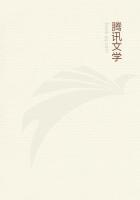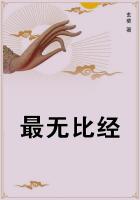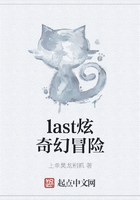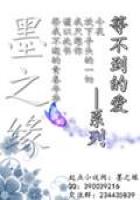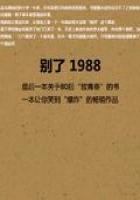He said: "I followed the trail for some time, but when I reached a turn, I came into a sort of blind trail, where I lost the track. I think the horse had been led up on hard sod, to mislead any one on the track. I pushed on, crossed the creek, and soon found the tracks again in soft ground. This part of the mountain was perfectly unknown to me, and very wild. Finally I came to a ridge, from which I looked down on a little ranch. As I came near the house, the dogs began to bark, just as I discovered my horse tied to a tree.
Hearing the dogs, an Indian, or Mexican, I could not tell which, came out of the house, flourishing a large knife. I called out to him, 'Whose horse is that?' He answered in Spanish, 'It is mine.'
'Where did you get it?' I asked. 'In San Jacinto,' was his reply. As he still came towards me, brandishing the knife, I drew my gun, and said, 'Stop, or I'll shoot!' He did not stop, and I fired; still he did not stop, so I fired again; and as he did not fall, I knocked him down with the butt of my gun. After he was down, I shot him twice with my pistol."
The duty of a justice in such a case as this was clear. Taking the prisoner into custody, he sent out messengers to summon a jury of six men to hold inquest on the body of said Indian, or Mexican; and early the next morning, led by Farrar, they set out for the mountain. When they reached the ranch, the body had been removed; the house was locked; no signs left of the tragedy of the day before, except a few blood-stains on the ground, where Alessandro had fallen. Farrar seemed greatly relieved at this unexpected phase of affairs. However, when he found that Judge Wells, instead of attempting to return to the valley that night, proposed to pass the night at a ranch only a few miles from the Cahuilla village, he became almost hysterical with fright. He declared that the Cahuillas would surely come and murder him in the night, and begged piteously that the men would all stay with him to guard him.
At midnight Judge Wells was roused by the arrival of the Capitan and head men of the Cahuilla village. They had heard of his arrival with his jury, and they had come to lead them to their village, where the body of the murdered man lay. They were greatly distressed on learning that they ought not to have removed the body from the spot where the death had taken place, and that now no inquest could be held.
Judge Wells himself, however, went back with them, saw the body, and heard the full account of the murder as given by Ramona on her first arrival. Nothing more could now be learned from her, as she was in high fever and delirium; knew no one, not even her baby when they laid it on her breast. She lay restlessly tossing from side to side, talking incessantly, clasping her rosary in her hands, and constantly mingling snatches of prayers with cries for Alessandro and Felipe; the only token of consciousness she gave was to clutch the rosary wildly, and sometimes hide it in her bosom, if they attempted to take it from her.
Judge Wells was a frontiersman, and by no means sentimentally inclined; but the tears stood in his eyes as he looked at the unconscious Ramona.
Farrar had pleaded that the preliminary hearing might take place immediately; but after this visit to the village, the judge refused his request, and appointed the trial a week from that day, to give time for Ramona to recover, and appear as a witness. He impressed upon the Indians as strongly as he could the importance of having her appear. It was evident that Farrar's account of the affair was false from first to last. Alessandro had no knife. He had not had time to go many steps from the door; the volley of oaths, and the two shots almost simultaneously, were what Ramona heard as she ran to the door. Alessandro could not have spoken many words.

